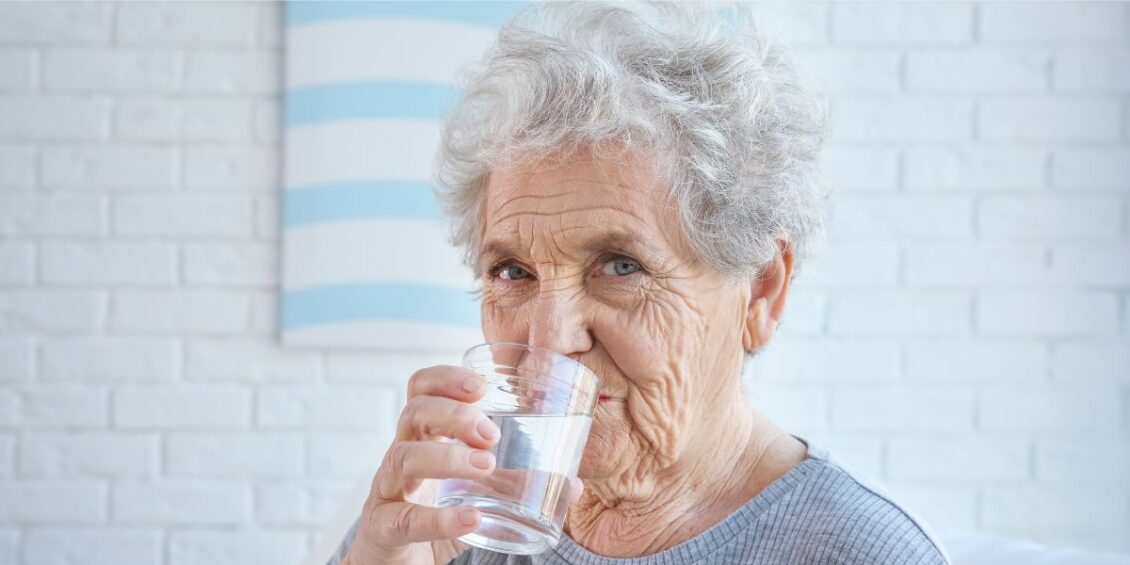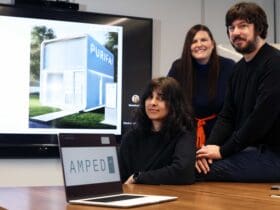Dehydration is a common challenge for people living with dementia. Memory problems mean they can easily forget to drink enough water.
Someone with dementia may become dehydrated if they’re unable to communicate or recognise that they’re thirsty, or if they forget to drink. This can lead to headaches, increased confusion, urinary tract infections and constipation. These can make the symptoms of dementia worse.
During Nutrition and Hydration Week, (11-17 March) Alzheimer’s Society Cymru is sharing useful tips to help ensure people living with dementia stay hydrated.
Rachel Nelson, Country Manager from Alzheimer’s Society Cymru, said: “There are currently 900,000 people in the UK with dementia, including 50,000 in Wales.”
“Dehydration can lead to severe health problems for people with dementia. They may forget to drink enough fluids and stay hydrated.”
“To boost your loved one’s daily water intake, you could try introducing something fun, like Jelly Drops. These bite-sized, sugar-free sweets contain 95 per cent water and added electrolytes and vitamins, which can be enjoyed throughout the day to keep the person hydrated.”
Eight hydration tips for people living with dementia from Alzheimer’s Society Cymru:
- Encourage the person to drink throughout the day. The recommended amount is one and a half to two litres a day, which is around eight to 10 glasses or 10 to 13 cups per day.
- Have a drink on hand whenever the person is eating something.
- Use a clear glass so the person can see what’s inside or try a brightly coloured cup to draw attention instead.
- If possible, offer the person the cup or put it where they can see it clearly.
- Offer different types of drink throughout the day such as tea, coffee, hot and cold milky drinks, fruit juice or smoothies, soup, squash, and water.
- Make sure the cup or glass is suitable – not too heavy or a difficult shape.
- Encourage the person to eat foods that have a high liquid content, such as gravy, ice lollies, milk jellies and yoghurt.
- Offer nutritionist approved Jelly Drops®, which may help people consume more water.
Lewis Hornby, inventor of Jelly Drops, who was inspired by his late grandmother and her love for sweets, said:
“Dehydration is a serious and often overlooked problem for people with dementia. Like many, I was unaware of how severe dehydration can be and was determined to find an easy way to provide additional fluid intake, while replenishing essential electrolytes.”
“I urge everyone to take a moment to consider whether a friend or family member is at risk of dehydration and make a plan for how you can help prevent it.”









Leave a Reply
View Comments